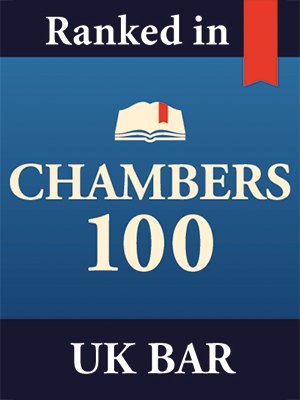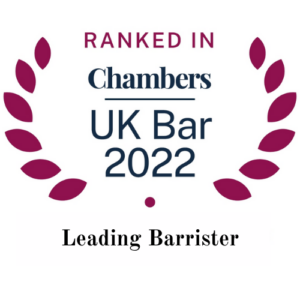If there’s one thing that sits at the very epicentre of your business relationship, it’s trust.
Whether you’ve just started a new venture with a friend or colleague or have been in business for years trust and good faith will be at the core of your relationship; it is what initially brings business relationships together and it is very much the glue that holds that relationship and the business together.
So, when the trust in a business relationship suddenly disappears or gradually breaks down, the impact can be far-reaching. For most it will be both demoralising and upsetting but for many it can be really devastating; especially when your business, finances or both are compromised as a result.
Consider potential fallouts before a dispute arises
Before you have to face such a situation there are things you can and should do to make life easier if the worst comes to the worst. Preparing for a future dispute is not the same as believing that your relationship will not last. Planning for any eventuality is prudent. No matter how long you have known your partner and how strong your business relationship is, disputes can and do happen. When they do, you want to be sure you have a strong and sensible shareholders’ agreement in place. That agreement should not only protect you from the consequences of fall out but also provide a practical means for achieving resolution.
Record your understanding and expectations in a written shareholders’ agreement
The best way to avoid any disagreements over who is responsible for what and how your business should be conducted is to set out your agreement, expectations and dispute resolution process right from the start. Instead of just agreeing this verbally, record it in clear written form and in a legally binding document so that everyone concerned knows the position from the outset and everyone has a written record that they can refer to when the need arises. A shareholders’ agreement is not a legal requirement but it will most certainly make things much simpler, clearer and more straightforward if you should face disagreement or dispute in due course. Indeed, an effective shareholders’ agreement will provide the framework for resolution. It is also relatively inexpensive and can save you a lot of money further down the line.
Consider mediation
If you already find yourself in dispute with your fellow director or shareholder then don’t immediately turn to litigation. Although when in the midst of a dispute it can be hard to see a way out, the chances are your dispute can be resolved without having to go to court. Mediation is a really effective way of achieving dispute resolution and is best conducted by an experienced and trained professional.
Seek legal advice as early as possible
You don’t have to wait until you are in the midst of a dispute to seek legal advice; in fact, the best way to protect yourself and your business from any fall out is to speak with a legal professional as early as possible. Indeed, while it may be the last thing on your mind when embarking on a new business venture, planning for the worst early on will always put you in a better position further down the line. It may even help to strengthen and cement your business relationships from the outset.
Issues arising from a lack of trust can be challenging to overcome. If this is a situation you have found yourself in rest assured that there are steps you can and should take in order to prevent damaging repercussions from that fall out, to protect your interests and to put yourself in a strong position from which to begin negotiating terms of resolution.
I offer an initial free thirty-minute discussion during which I can advise you on the best way forward for you so to find out more please do just get in touch.



